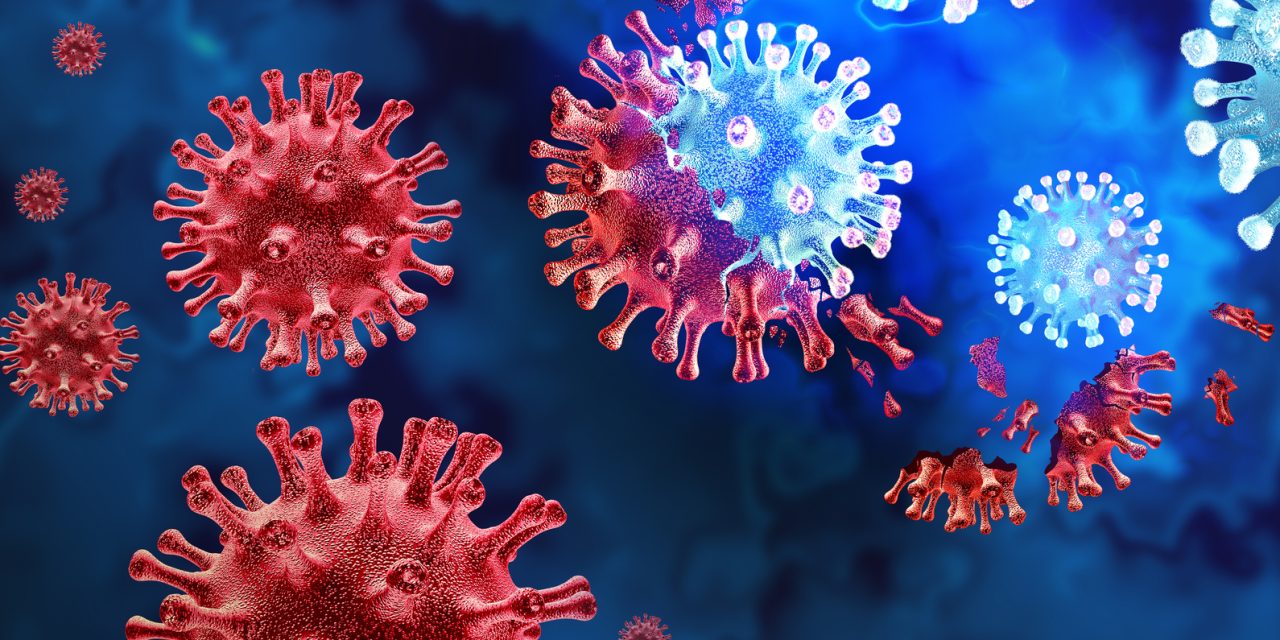Rotavirus is one of the most common types of double-stranded RNA viruses that spread very easily among infants and young children. The virus results in vomiting, diarrhea, abdominal pain, and fever. The P2-Vp8 subunit rotavirus vaccine exhibited promising outcomes but had doubtful results against heterotypic rotavirus strains. This study aims to investigate the safety and immunogenicity of P2-Vp8 trivalent vaccine formulation.
This randomized, dose-escalation, randomized, phase 1/2 study included a total of 30 adults, 30 toddlers, and 557 infants. The adults and toddlers were randomly assigned to receive 30 μg or 90 μg of vaccine, or placebo, whereas infants were assigned in a 1:1:1:1 ratio to receive 15 μg, 30 μg, or 90 μg of vaccine, or placebo. The primary outcomes of the study were local and systemic reactions, along with adverse events.
There were no significant differences in local and systemic reactions and adverse events between the vaccine and placebo groups. No serious adverse events occurred in adults within 28 days. In toddlers, one adverse event (febrile convulsion) occurred in the 30 μg group. In infants, 23 serious adverse events (4 in placebo, 10 in 15 μg, 4 in 30 μg, and 5 in 90 μg groups) occurred.
The research concluded that showed promising anti-P2-VP8 IgG and neutralizing antibody responses, and it was also well-tolerated.
Ref: https://www.thelancet.com/journals/laninf/article/PIIS1473-3099(20)30001-3/fulltext


